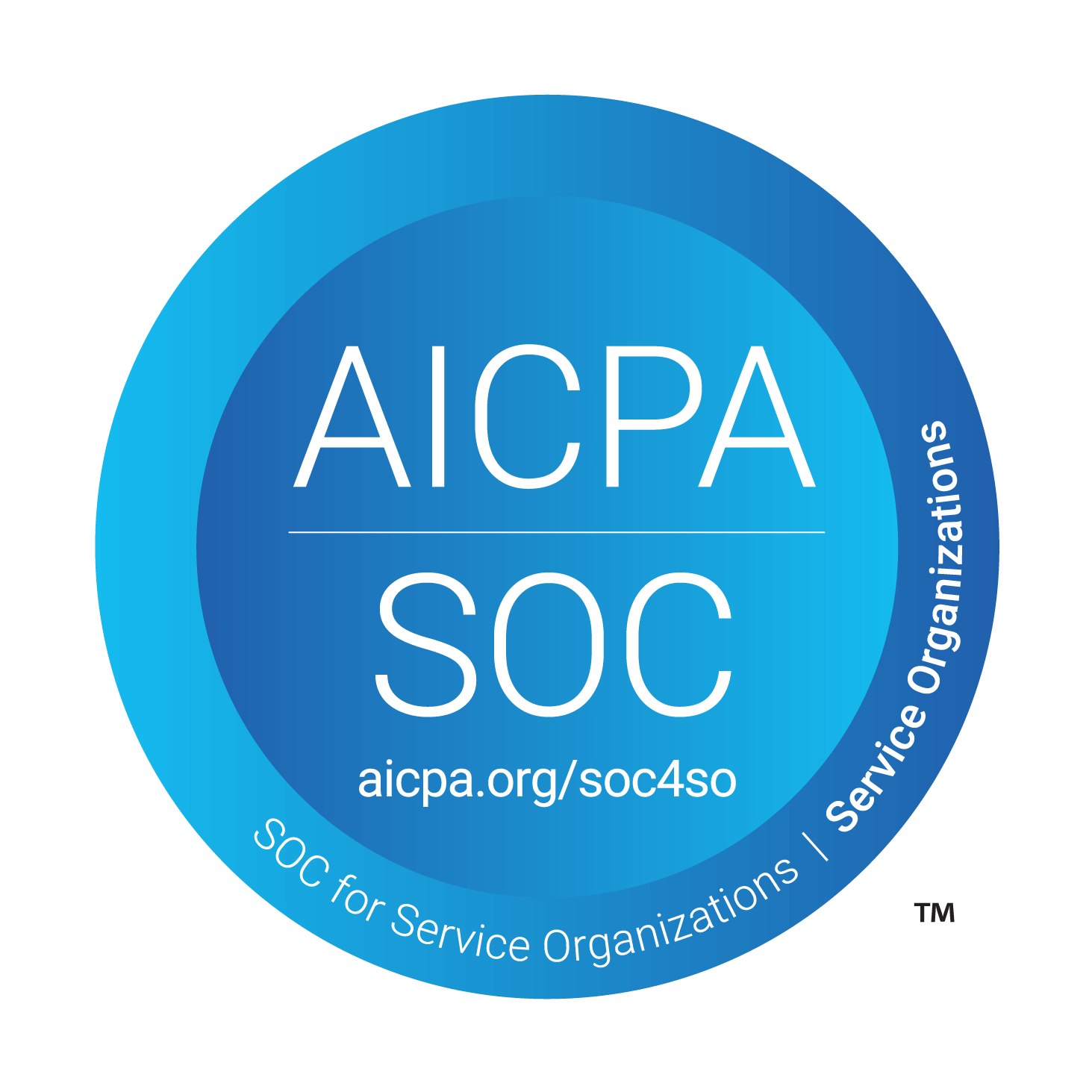Let's be honest - compliance has a reputation problem.
It's slow, manual, and full of spreadsheets no one wants to maintain. Yet, as businesses scale, skipping it isn't an option. That's where this Scytale review begins - with a platform built to make staying compliant feel less like a chore and more like a background process.
Scytale takes a bold approach to modern compliance. Instead of checking boxes once a year, it turns compliance into a continuous system that runs 24/7. The idea is simple: automate what can be automated and bring in experts only when it matters. In other words, Scytale compliance happens in the background...
- Quietly verifying controls
- Collecting evidence
- Flagging risks
... before auditors ever show up.
That mindset has turned Scytale into one of the more interesting players in the compliance automation space. It promises the reliability of a full governance, risk, and compliance suite, but without the sprawl. And as we'll see in this Scytale review, that promise holds up better than most.
Want to see how it compares in real-world setups? Talk to our founders - they've helped hundreds of teams switch from manual chaos to seamless automation and can tell you exactly how Complyjet stacks up against tools like Scytale.
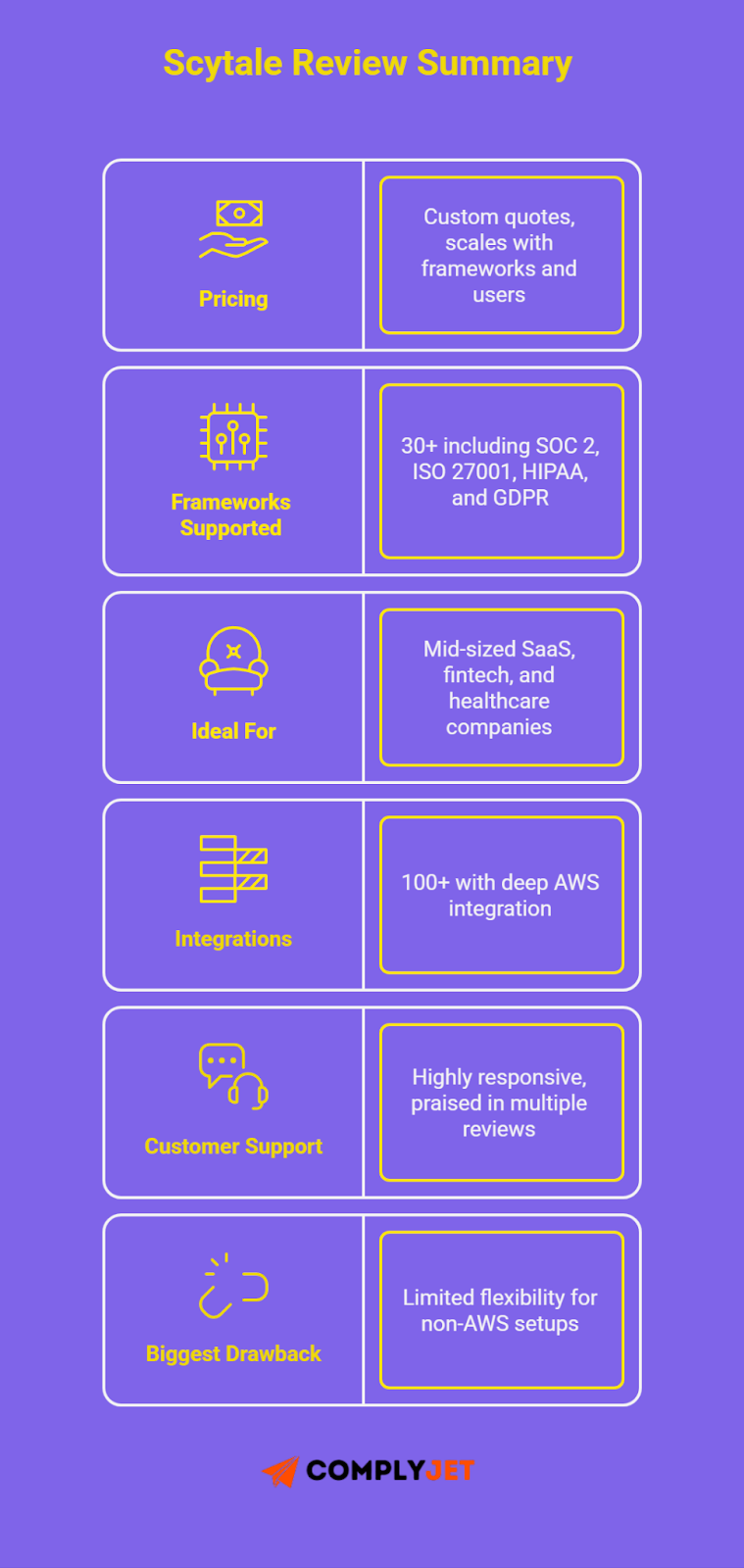
Why Continuous Compliance Matters in 2025
A few years ago, compliance was a once-a-year event. You'd collect screenshots, upload evidence, wait for your audit, and breathe again.
Not anymore.
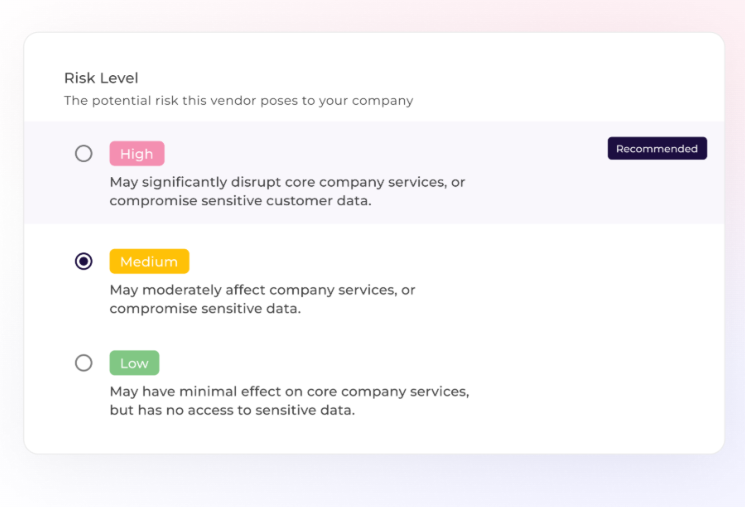
Today, security frameworks move faster than your audit calendar. Clients ask for live proof, not PDFs from last quarter. A missed control or outdated log can slow a deal, or worse, cost it. That's why continuous compliance has become the new baseline. It means your controls, policies, and risks stay under watch - every day, not once a year.
This is where Scytale compliance steps in. Instead of chasing documents when the audit bell rings, Scytale keeps everything running quietly in the background. It watches for gaps, collects evidence, and alerts your team before issues grow big enough to matter.
It's compliance that behaves like automation - not administration. And the best part? You don't have to live in spreadsheets or chase auditors for updates. The system does that part for you.
If there's one thing clear from this Scytale review, it's that the idea of "audit-ready" has changed. It's no longer a point in time - it's a state of being. That shift saves teams from chaos, speeds up deals, and keeps the business always one step ahead. Which, in 2025, is exactly where you need to be.
Where Scytale Features in This Conversation
Think of Scytale as the part of your team that never sleeps. It's an all-in-one platform that keeps your company compliant - not just during audits, but all the time.
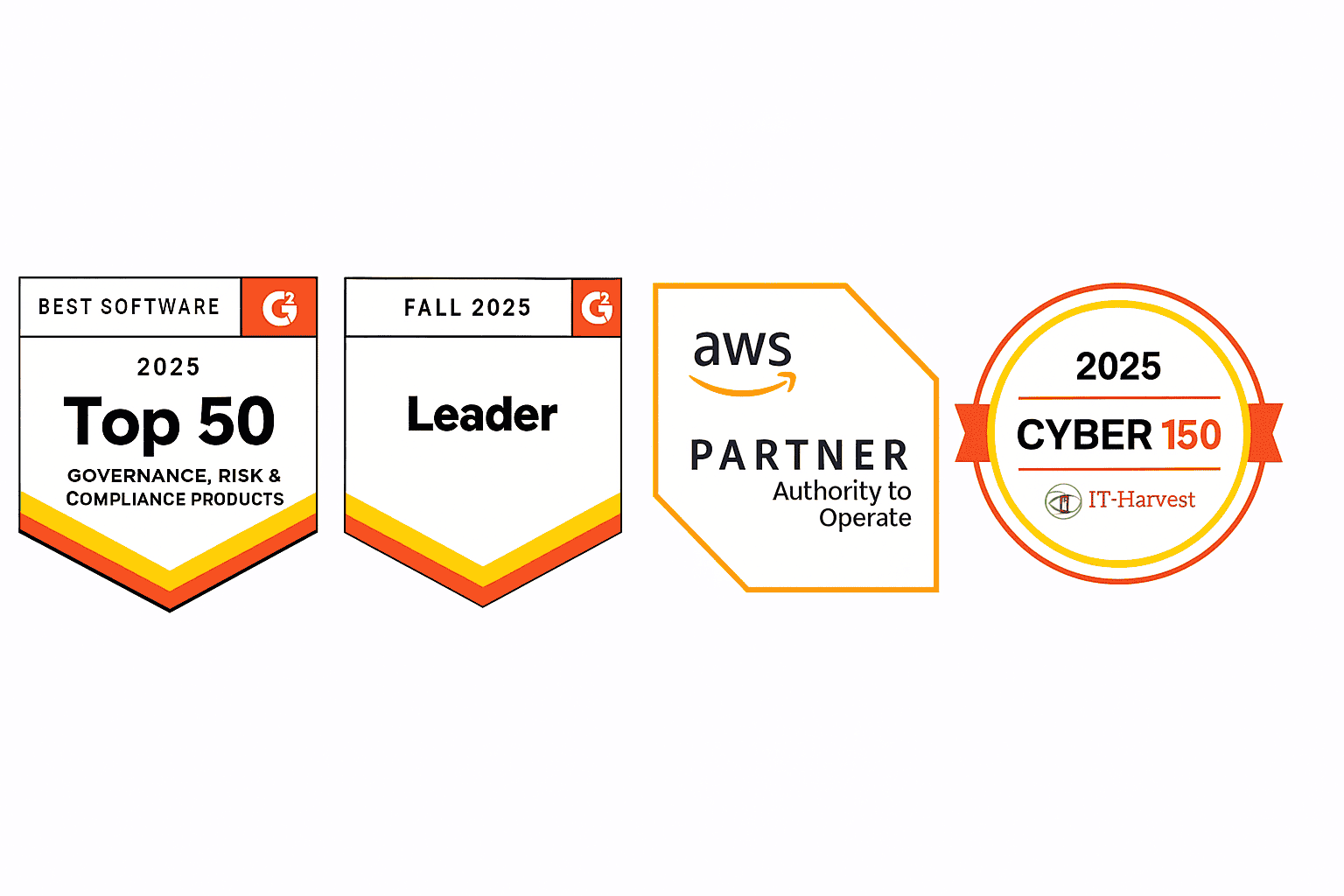
Scytale combines automation, AI, and hands-on guidance to manage over 30 security and privacy frameworks. SOC 2, ISO 27001, HIPAA, GDPR - you name it. It handles the checks, collects the evidence, and tells you when something's off.
But here's what makes it different: you're not left to figure it out alone. Every customer gets a dedicated compliance expert who helps map controls, close gaps, and prep for audits. The system runs the routine; the humans handle the judgment calls.
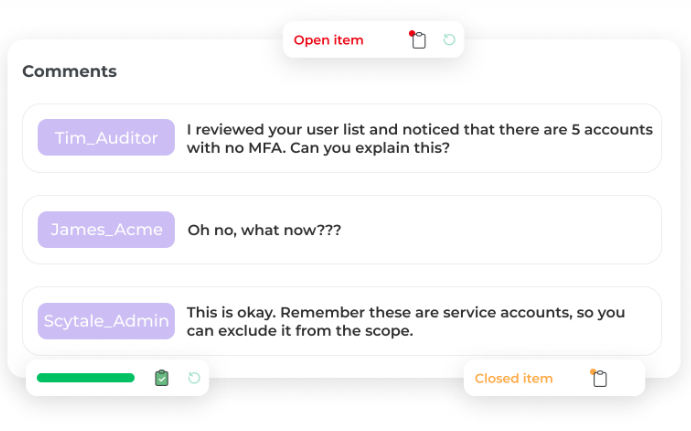
Most Scytale reviews mention how clean and structured the experience feels. You log in and see everything - audit progress, risk posture, missing controls - all in one place. No flipping between tools, no endless threads with auditors.
In short, Scytale makes compliance feel less like a project and more like a process. The kind that just keeps going quietly in the background. And as you'll see through this Scytale review, that's really what sets it apart - compliance that moves at the same pace as your business. Because Scytale compliance doesn't wait for deadlines. Usually, it works on autopilot.
Scytale Features Worth Noting
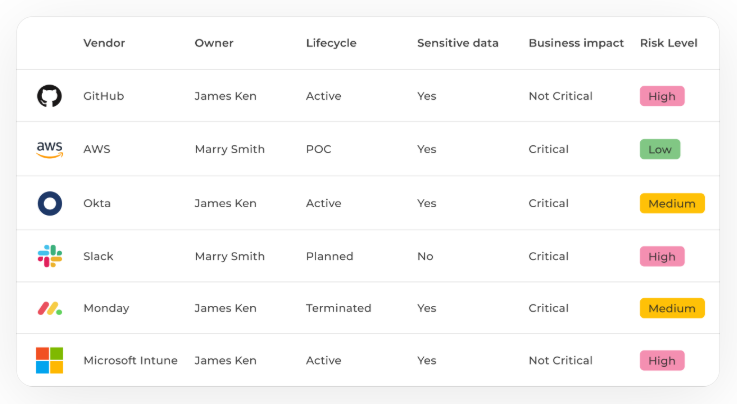
Every compliance platform promises simplicity. Scytale's way of doing that is not by cutting corners, but by blending automation, AI, and expert support so well that it feels effortless to stay compliant.
Here's what stands out most in Scytale reviews, and why these features matter in day-to-day use:
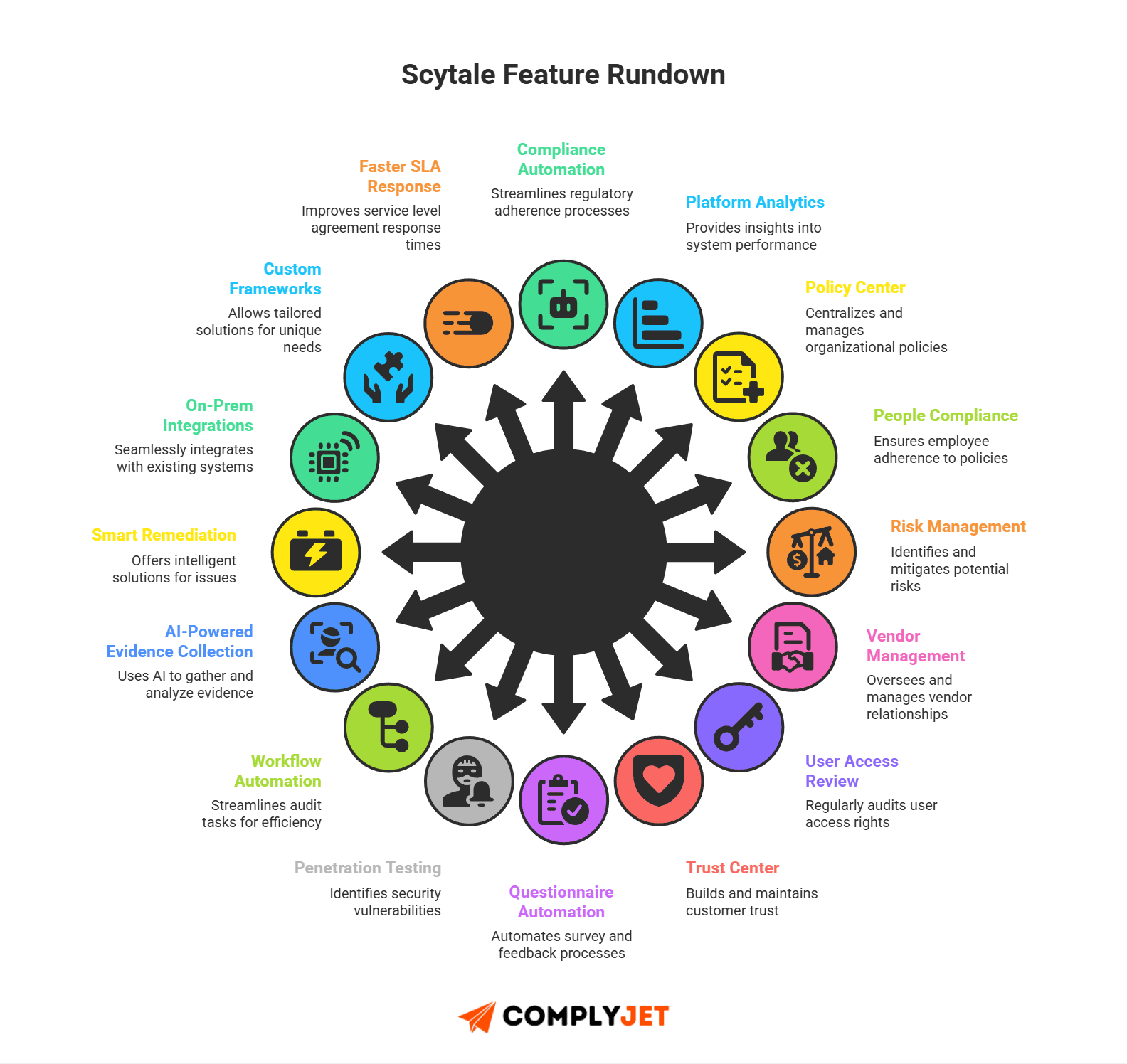
Continuous Control Monitoring
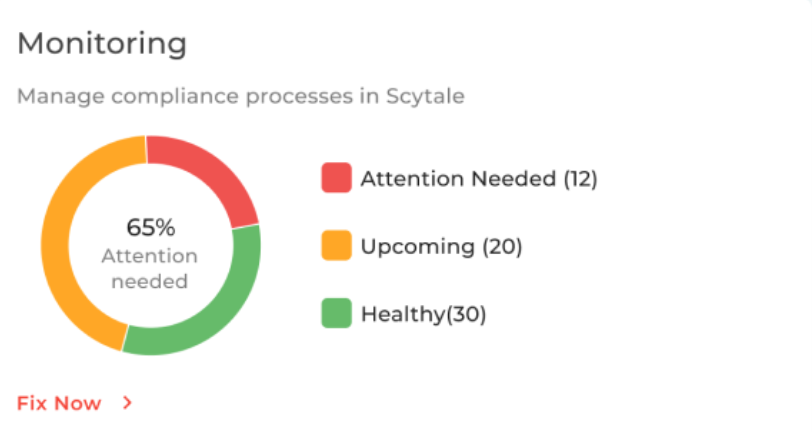
Scytale doesn't wait for something to go wrong. It runs constant checks on your controls - 24/7. If a policy lapses, access changes, or a configuration drifts, the platform flags it instantly.
Instead of finding out about issues during an audit, your team sees them as they happen. That's real-time peace of mind - the kind of compliance teams rarely get.
Automated Evidence Collection
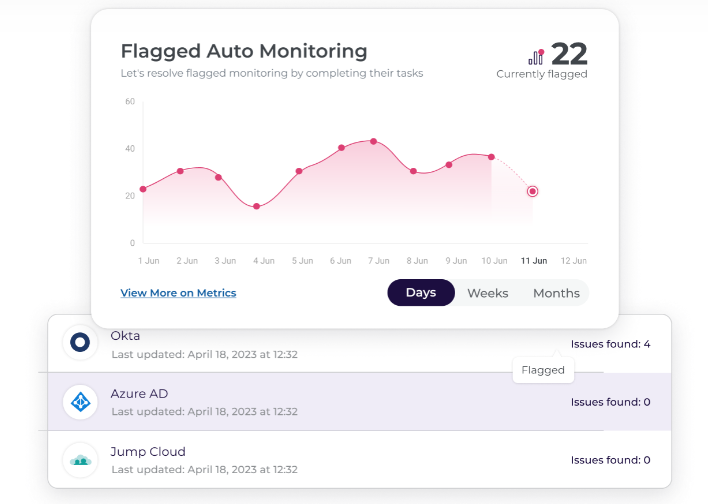
No one enjoys chasing screenshots or storing proof for audits. Scytale automates that.
It connects to your cloud stack, gathers evidence in real time, and organises it under the right control. By the time your next audit rolls around, the heavy lifting's already done. It's the difference between spending days collecting data and simply showing up ready.
Cross-Framework Mapping
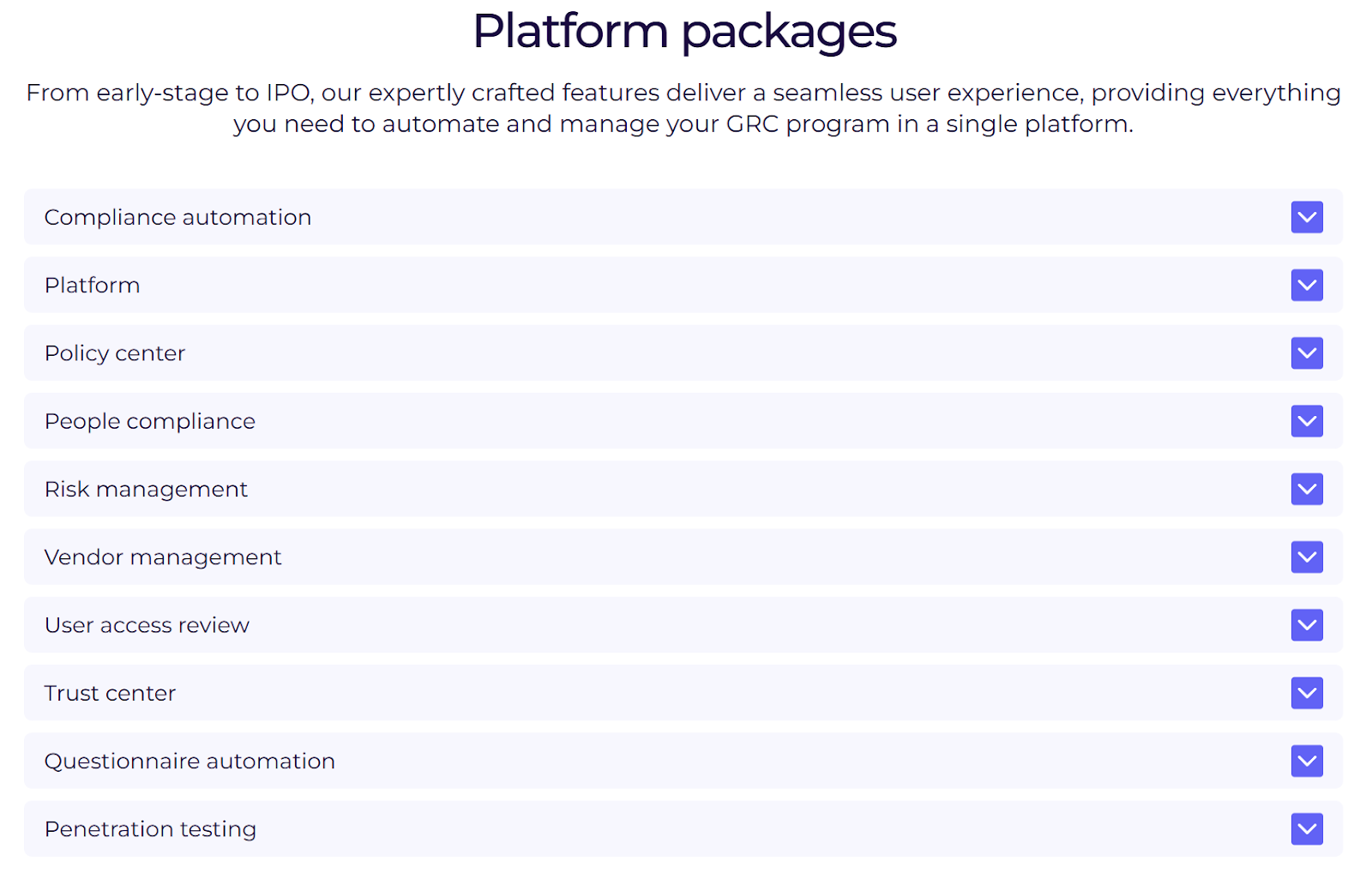
Managing multiple frameworks usually means juggling the same control across different documents. Scytale has a way around that too.
When you update a policy or procedure once, it applies everywhere - across SOC 2, ISO 27001, PCI DSS, and more. That single change can save dozens of hours and keeps everything consistent when you're scaling fast.
AI Security Questionnaires

If you've ever filled out a client's security questionnaire, you know the pain. Scytale's AI handles it for you. It pulls answers from your existing compliance data, drafts responses, and leaves you to review before sending.
That means faster deal cycles and fewer hours wasted in spreadsheets.
Trust Center

This is Scytale's version of a digital credibility badge. It builds a live, customer-facing portal that shows your certifications, controls, and audit progress in real time. You decide what's public, and Scytale keeps it automatically synced with your compliance data.
Clients get transparency without endless email threads. You get back your time.

Together, these Scytale features make it more than a checkbox exercise. They turn it into an always-on process that stays current, accurate, and visible - without constant human babysitting.
And as this Scytale review shows, the real magic isn't in how many tools Scytale packs in, but how cleanly it connects them. Every part - from continuous monitoring to AI questionnaires - works in sync, so compliance stops being a distraction.
How Scytale Uses AI to Keep You Audit-Ready
Scytale's use of AI isn't just a buzzword. It's baked into how the platform runs every day - automating the grunt work that usually eats up compliance hours.
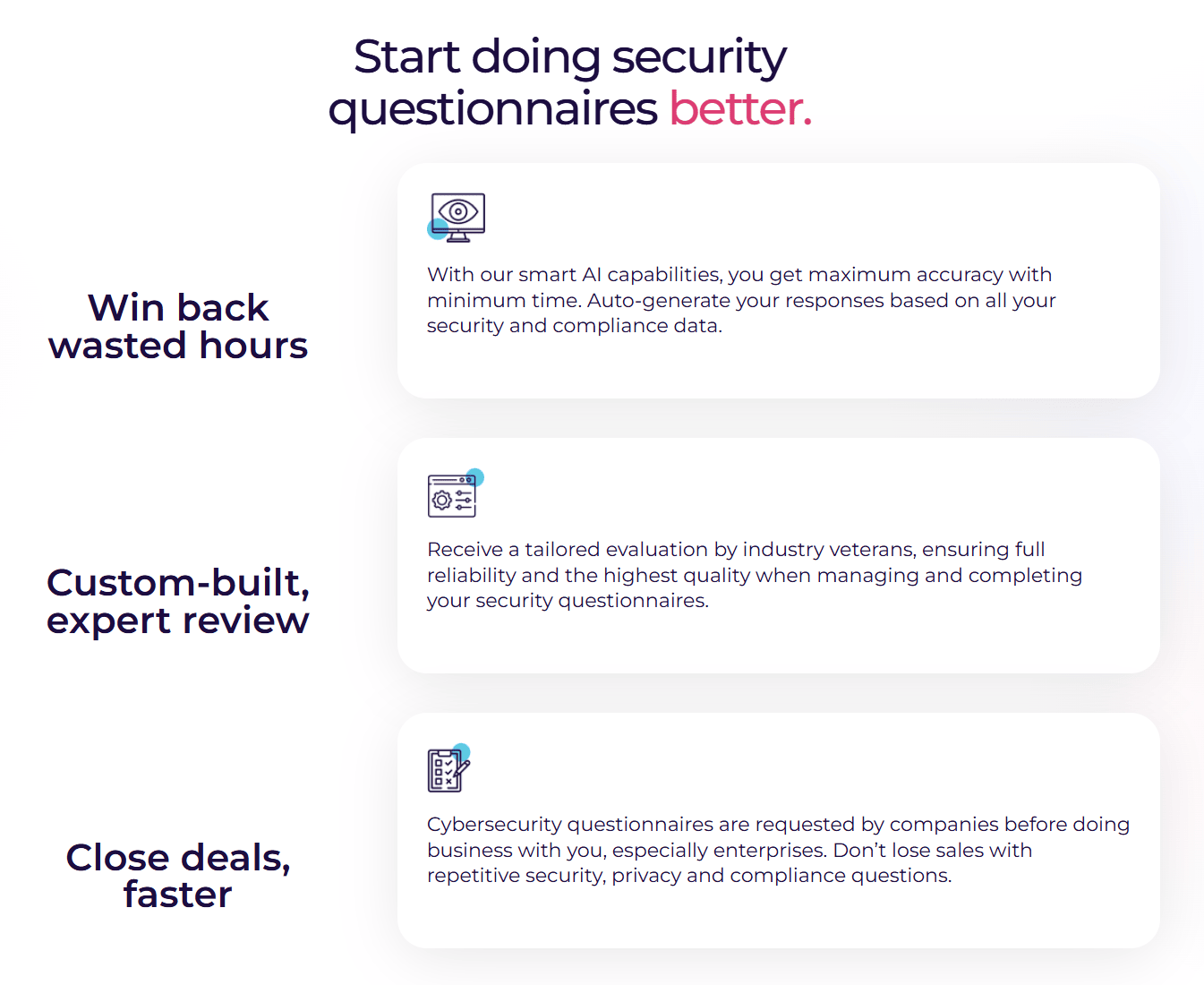
Here's a quick look at how AI fits into Scytale features:
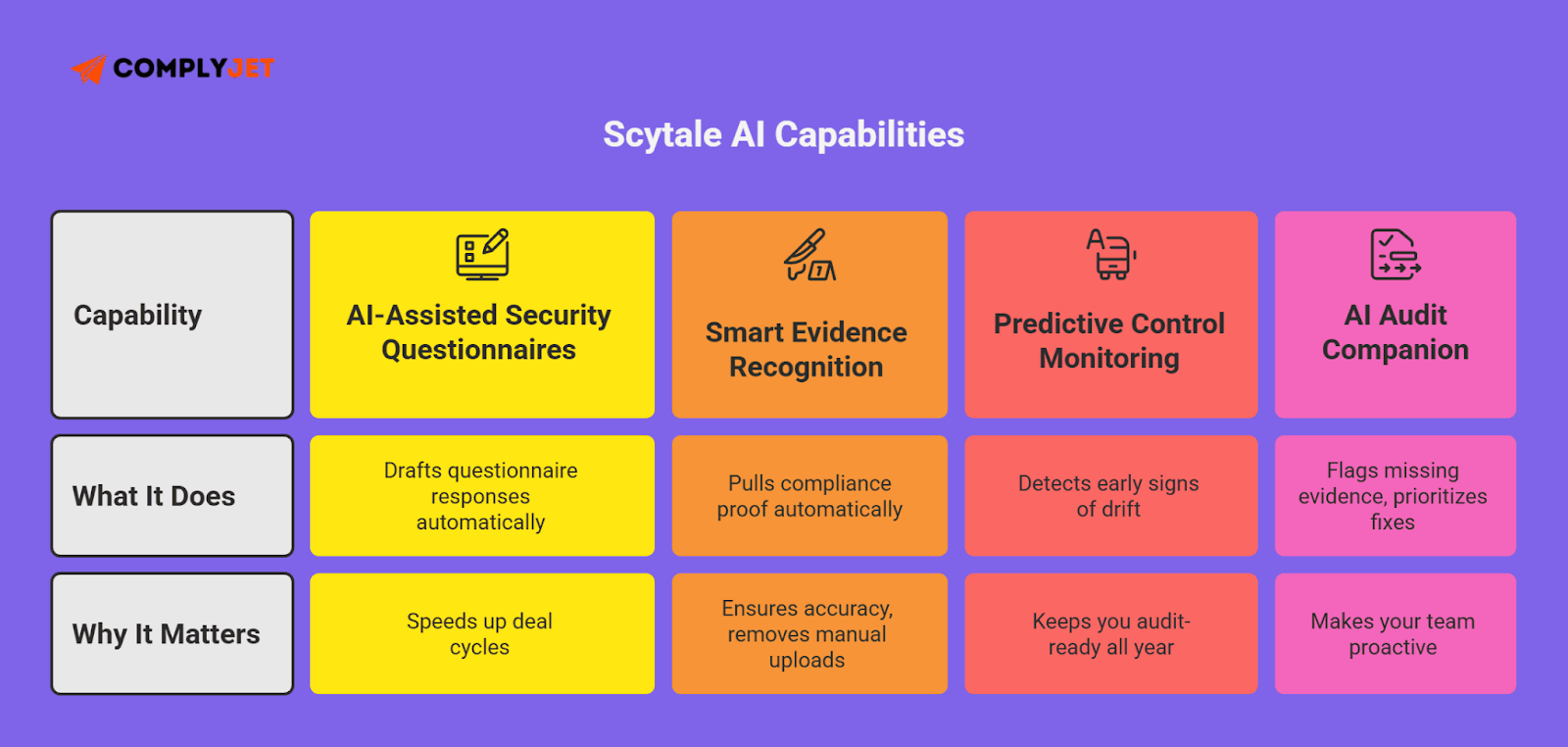
Instead of just simplifying data collection, AI in Scytale builds a live feedback loop - it learns your environment, tracks patterns, and keeps improving its recommendations.
In short, Scytale's AI doesn't replace expertise; it extends it. The platform automates what's repetitive and lets humans focus on what's strategic.
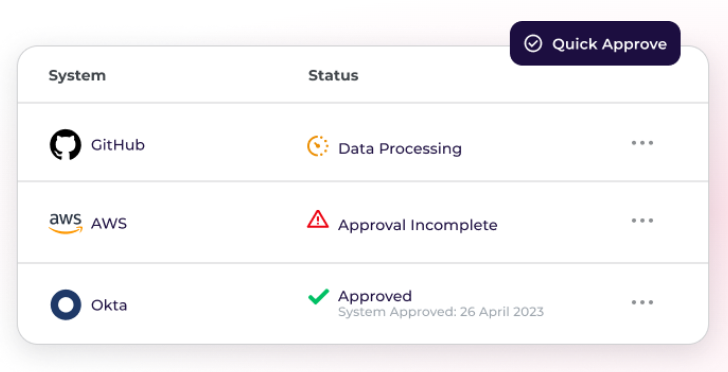
That's why this Scytale review keeps coming back to one idea - automation is only useful if it's reliable. And in Scytale compliance, AI feels less like a gimmick and more like a second pair of eyes that never gets tired.
Scytale Integrations That Do the Heavy Lifting
A compliance platform is only as strong as its connections - and Scytale integrates with nearly everything modern teams rely on. Its ecosystem keeps compliance simple, connected, and automatic.
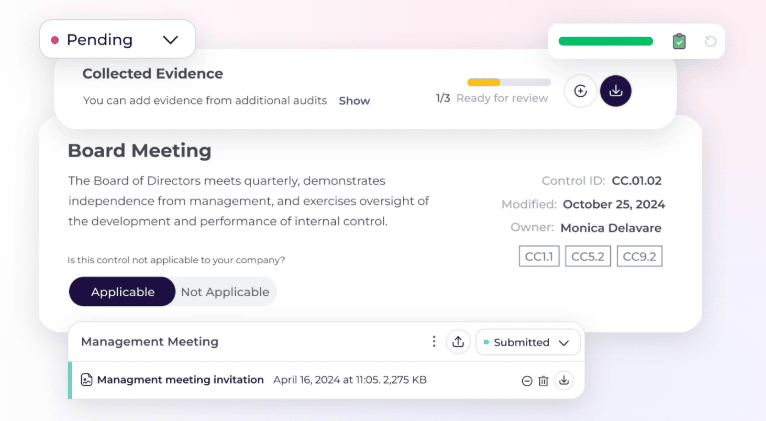
Here's how the ecosystem fits together:
AWS Integrations (30+ services)
- Built directly on AWS, Scytale connects with GuardDuty, Config, CloudTrail, CloudWatch, and Inspector.
- The Scytale AWS integration automates evidence collection, enables real-time monitoring, and checks compliance continuously - no manual setup needed.
Developer & Cloud Stack
- Works with GitHub, GitLab, Bitbucket, and Azure for secure DevOps.
- Supports AWS, GCP, and Azure - each mapped to your compliance frameworks.

Developer & Cloud Stack
- Works with GitHub, GitLab, Bitbucket, and Azure for secure DevOps.
- Supports AWS, GCP, and Azure - each mapped to your compliance frameworks.
Identity and Access Management
- Integrates with Okta, Google Workspace, and Microsoft 365.
- Runs continuous user access reviews and permission audits for stronger data security.
Collaboration Tools
- Connects Slack and Jira so compliance alerts, updates, and tasks appear where your team already works.
Risk and Vendor Management
- Syncs with CRM and procurement tools to automate vendor risk assessments and audit documentation.
Partner Ecosystem
- Scytale collaborates with MSPs, VARs, and consulting partners in 45+ countries.
- In 2025, partner-led work is projected to drive over 35% of Scytale's revenue.
In short, Scytale compliance doesn't feel like an add-on - it's built into your daily tools.
The Scytale AWS integration especially stands out for real-time cloud auditing. Instead of exporting logs or chasing evidence, you see compliance gaps as they happen.
That's why so many Scytale reviews highlight integrations as one of the top Scytale features - they turn compliance from a burden into a background process.
Who Should (and Shouldn't) Use Scytale
Scytale describes itself as a fit for almost every stage of compliance maturity . That includes both scrappy startups and enterprise security teams.

According to the platform, it supports:
- Startups looking for their first SOC 2 or ISO 27001 certification.
These teams can start with basic automation and add frameworks or pen tests as they grow.
- Scaling security teams that need ongoing, AI-powered evidence collection and cross-framework management.
Scytale's automation and audit dashboard help them handle multiple certifications at once.
- Enterprises with complex infrastructure or regulatory needs.
The Enterprise tier supports on-premise integrations, faster SLAs, and more control customisation.
That flexibility is what most Scytale reviews call out - the platform grows with you, instead of forcing a one-size-fits-all setup.
And it's true. Scytale's mix of automation and expert support means it adapts well to different industries. That especially includes tech, fintech, and healthcare especially - where frameworks like SOC 2, HIPAA, and PCI DSS often overlap.

That said, this Scytale review wouldn't be complete without looking at the flip side.
The platform's strength - its depth - can also make it a bit much for very early-stage companies. If your goal is a quick compliance sprint or a one-time audit, Scytale's layered setup might feel heavier than you need. Some smaller teams mention this in Scytale reviews - they note that setup and mapping take time before the automation truly pays off. It's a system built for continuous readiness, not quick checklists.
So, who's it really for?
- Great for: Teams that see compliance as an ongoing part of their business, not a box to tick once a year.
- Not ideal for: Lean startups chasing fast SOC 2 certification on a tight deadline or budget.
So, Scytale compliance works best when you're building long-term trust - not just chasing short-term audits.
Scytale Pricing and Packages
Here's where things get a little fuzzy.
Scytale's website doesn't publish clear pricing. You'll see tier names like "Build Starter" or "Enterprise," but no numbers - only a "Book a Demo" button. That makes it tricky for founders who want a quick sense of cost before a sales call.

However, the platform's AWS Marketplace listing does give a rough ballpark. According to that listing, a 12-month contract starts around:
Source: AWS Marketplace - Scytale Pricing (2025). Additional infrastructure costs may apply.
Even with these figures, total Scytale pricing depends on your company size, frameworks, and service bundle. For a small or mid-sized SaaS business, a complete compliance setup could easily fall between $10,000 and $25,000 per year, depending on add-ons.
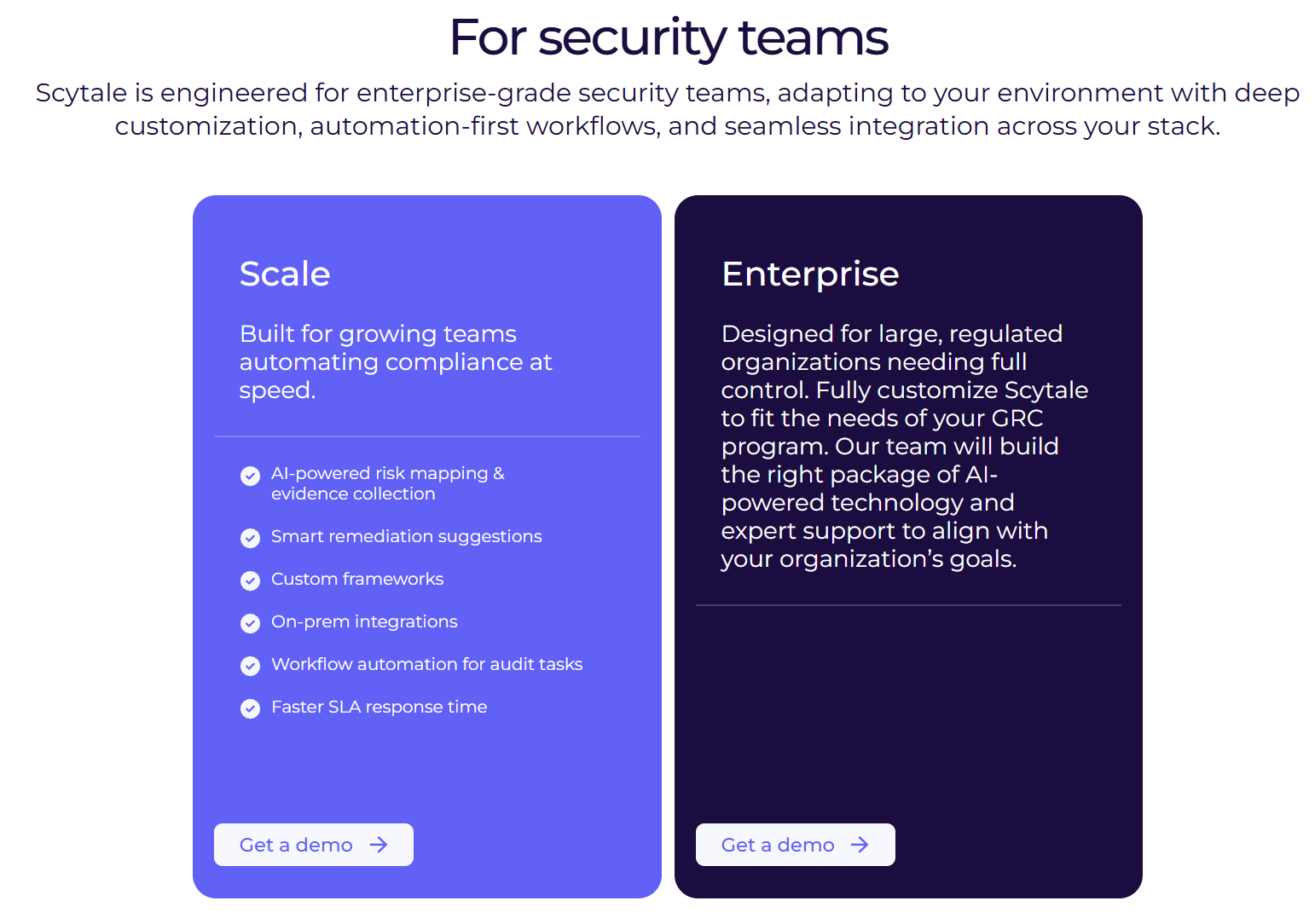
That's not unreasonable for what Scytale offers - but the lack of transparent pricing on its main site makes quick comparison harder.
For teams that prefer predictability and simplicity, clear pricing isn't just nice to have - it's part of good compliance design. And that's exactly where ComplyJet takes a different path.
ComplyJet's pricing is upfront and public - you'll see the exact cost for your required framework, along with what's included, right on the website. No hidden quotes, no demo wall. It's clarity founders appreciate, especially when they're trying to budget time, effort, and compliance spend in one go.
What Real Users Say in Their Scytale Reviews
No review tells the whole story, but when you read enough of them, patterns start to show.
Across platforms like G2 and AWS Marketplace, Scytale reviews highlight one consistent theme. Seemingly, the platform's mix of automation and expert guidance is what keeps users coming back.
Here's what people actually say:
What Users Love
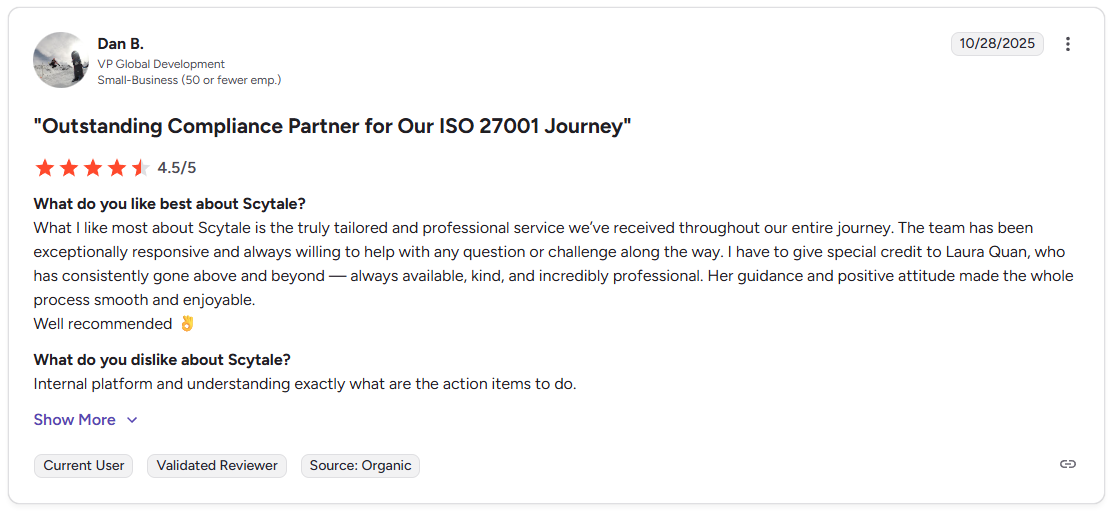
✔ Strong dedicated support. Many reviewers mention Scytale's customer success and compliance guidance teams by name. They highlight weekly check-ins, quick responses, and genuine help during audits.
✔ Ease of use after setup. Once configured, the dashboard makes it simple to track controls, see audit readiness, and monitor gaps.
✔ Big improvement over spreadsheets. Most users say Scytale made frameworks like SOC 2 or ISO 27001 feel more manageable and less manual.
✔ Centralised evidence collection. Integrations with tools like AWS, Okta, and GitHub reduce manual uploads and keep everything organised.
✔ Clear visibility. Real-time dashboards and structured workflows make compliance progress easy to understand. That's true more so for non-security folks.
What Users Wish Were Better

⛌ Integration gaps: Some users report missing integrations or partial support for specific apps.
⛌ Feature maturity: A few note that certain policy workflows or reporting options feel limited or still evolving.
⛌ Minor stability issues: Occasional software quirks and performance bugs come up in some reviews.
⛌ Learning curve: Teams new to compliance automation say initial setup takes time before automation truly kicks in.
Overall, this Scytale review of real feedback shows a platform that delivers on its promise - but not without a few trade-offs. If you want a polished, guided compliance experience with hands-on support, it fits well. But if you expect a plug-and-play setup that's instant and perfect out of the box, you'll need a bit of patience.
Still, Scytale reviews agree on one point: the platform's structure and support save serious time during audits. For many, that alone makes Scytale compliance worth it.
Some Scytale Alternatives Worth Considering
If you're exploring the broader compliance automation market, Scytale isn't the only name worth looking at. The space is growing fast - and several players offer different takes on how to make compliance faster, simpler, or more secure.
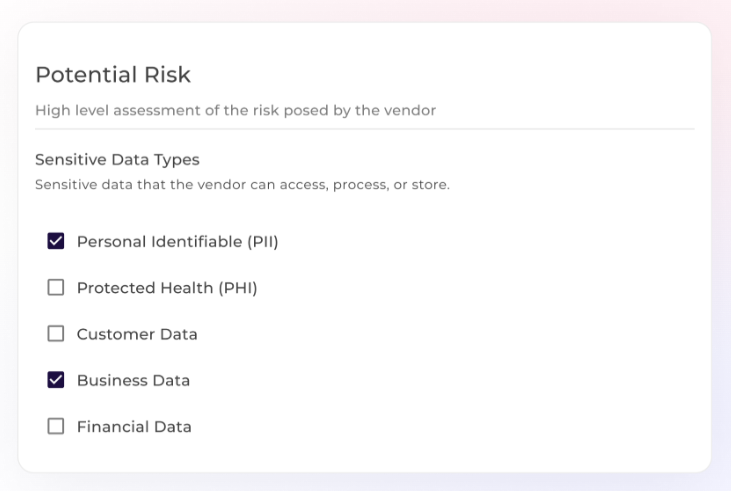
Exploring these Scytale alternatives can help you find what truly fits your company's pace, size, and compliance goals.
Here's how the main options stack up:
1. Vanta
One of the earliest and most recognisable names in the space. Great automation, wide framework coverage, but can feel pricey for smaller teams. See our detailed Vanta review to know more about it.
2. Drata
Competes closely with Vanta. Known for integrations and UI polish, but often seen as enterprise-leaning. Explore our Drata review for a full breakdown or Vanta vs Drata for a comprehensive side-by-side snapshot.
3. OneLeet
Focused on security-first compliance. It's built by ethical hackers who care about making real security easy, not just audit checklists. Check out our OneLeet vs Delve analysis to see the differences.
4. Delve
Built around AI automation. Its autonomous compliance agents handle everything from screenshots to evidence collection. Best for speed, less for control. Read our OneLeet vs Delve review to get an in-depth idea.
5. Secureframe
Balanced option with strong frameworks and enterprise appeal. Although, note that some smaller teams sometimes find it complex. See our Secureframe review for details.
Each of these Scytale alternatives brings its own mix of automation, pricing, and control philosophy. Scytale positions itself between Vanta's maturity and Delve's automation flair. They offer both AI-driven workflows and real human support.

That balance is what sets it apart. But it also depends on what you need right now. If you want a single compliance sprint, there are lighter tools. If you want a partner that stays with you through every audit, Scytale fits that bill.
Looking for Scytale alternatives that balances human touch with pricing transparency? ComplyJet does just that.
You can chat directly with the founders, see exact pricing upfront, and start your compliance journey without a demo wall in the way.
FAQs: Founders' Most Asked Questions
How long does it take to get compliant with Scytale?
It depends on your setup. Most teams say Scytale helps them reach audit readiness within a few weeks, thanks to automation and expert guidance. In general, timelines vary - startups move faster, while enterprises need more time for integrations.

Does Scytale support multiple frameworks at once?
Yes. Scytale compliance supports over 30 frameworks, including SOC 2, ISO 27001, HIPAA, and GDPR. Its cross-mapping feature lets you manage overlapping controls without duplicating work.
Is Scytale's AI safe for sensitive data?
Scytale's AI doesn't make security decisions - it automates tasks like evidence collection and questionnaire drafting. All data stays within your integrated environment, following standard cloud security protocols.
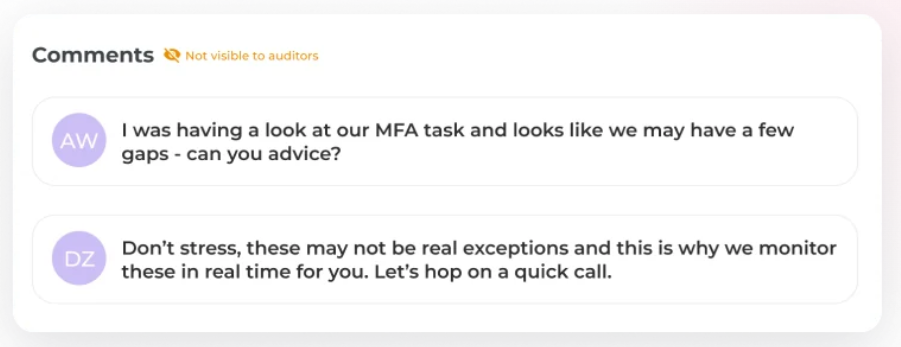
What kind of support do users get?
Every customer gets a dedicated compliance expert. They help with onboarding, audits, and remediation. This is something users consistently highlight in Scytale reviews.
What if I switch platforms later?
You can export your policies, controls, and reports. The data is portable, though you'll need to remap integrations on your new platform. Most users recommend doing it post-audit for a clean transition.
The Final Takeaway
Scytale stands out for one simple reason - it treats compliance like a continuous system, not a once-a-year scramble. For teams that want structure, consistency, and hands-on guidance, the platform delivers on all three.
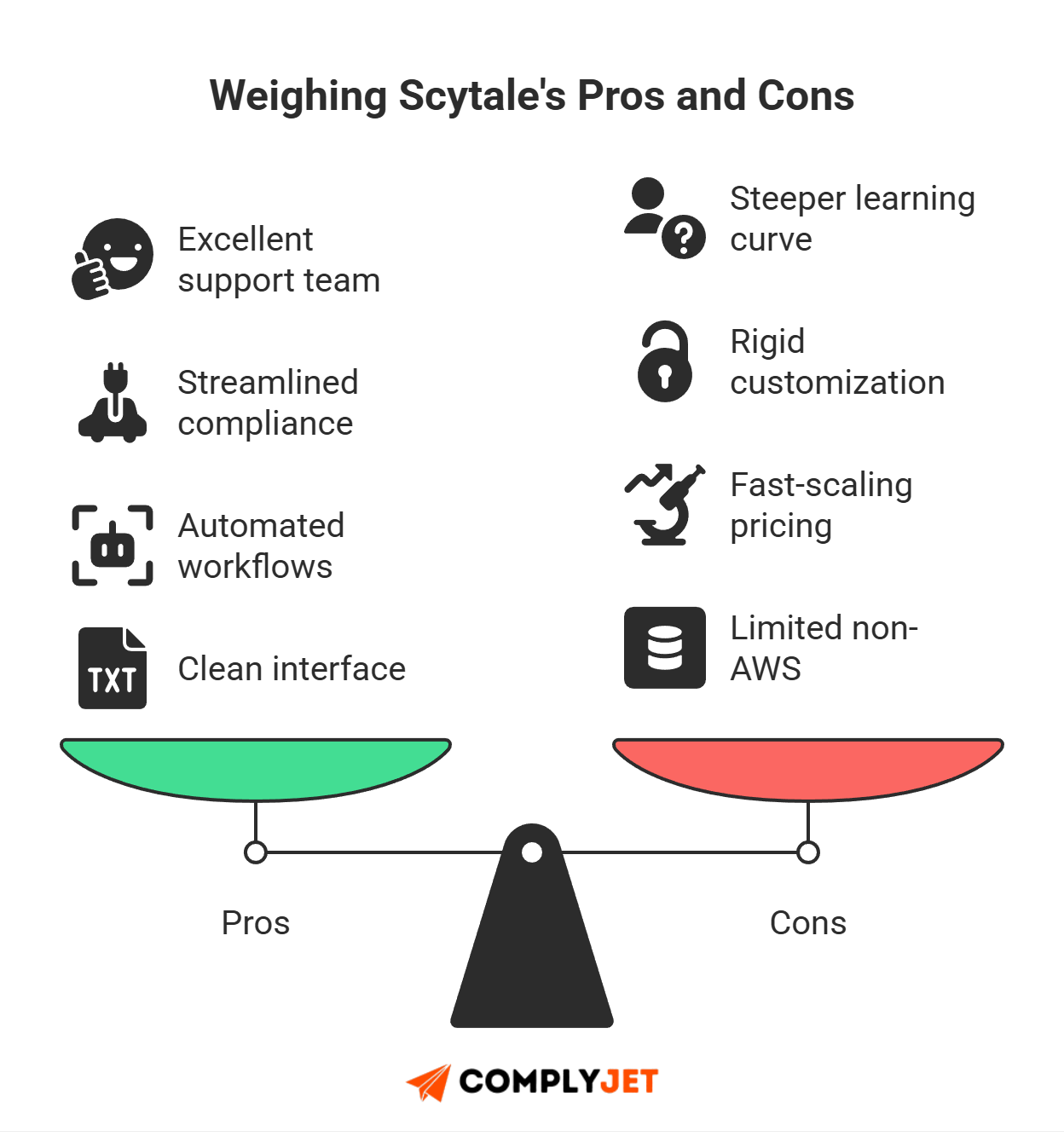
Still, as the Scytale reviews show, it isn't the fastest or lightest option out there. Scytale compliance works best when you're investing for the long term - when building trust matters as much as passing audits. It's a solid, mature choice for companies that want automation with accountability.
If you're looking for something faster without losing that human touch, ComplyJet offers a leaner path. You get transparent pricing upfront, direct access to the founders, and full SOC 2 compliance in just 7 days. It's built for teams that want to move quickly - and still do things right.
Start a free trial to see how.
.png)
